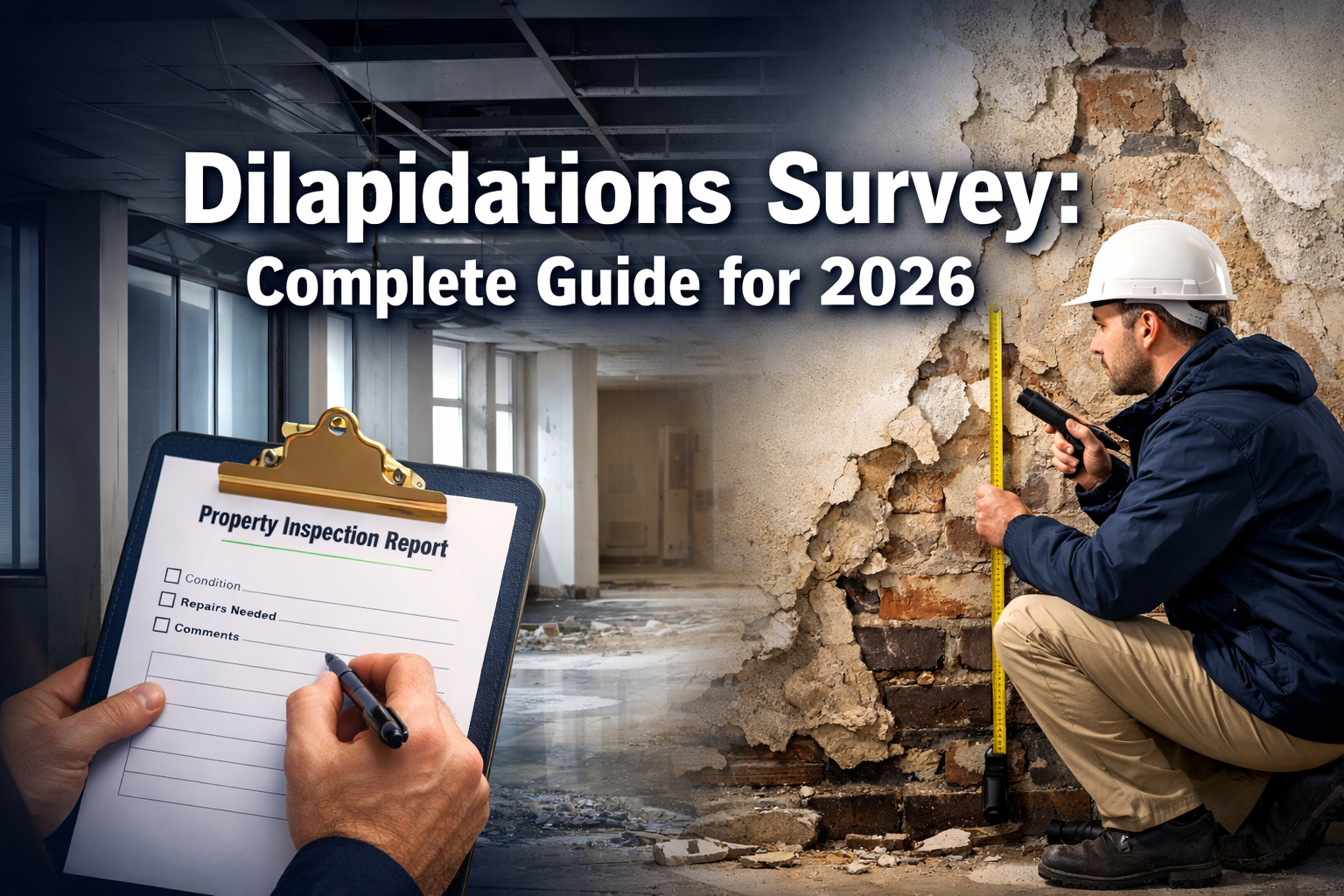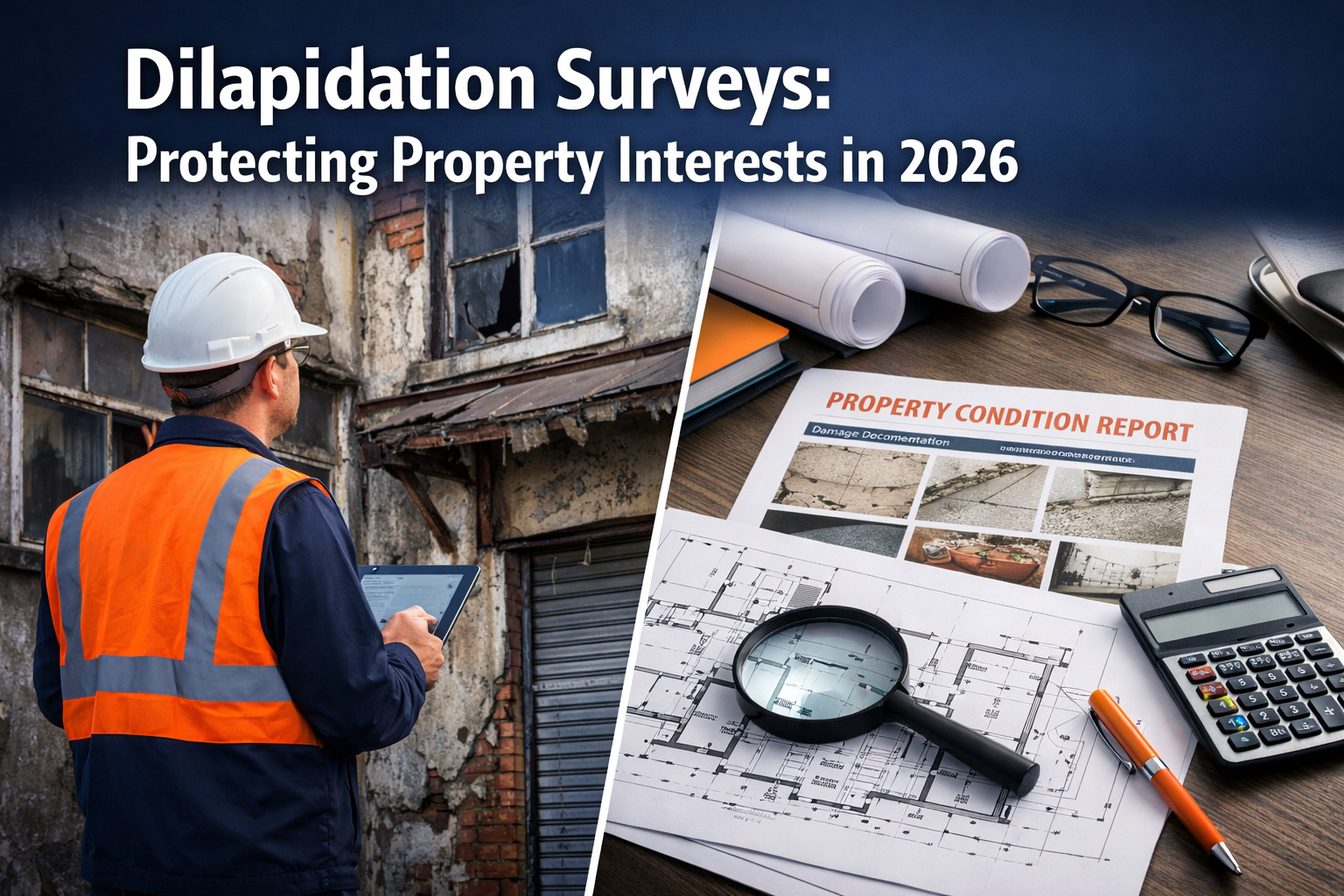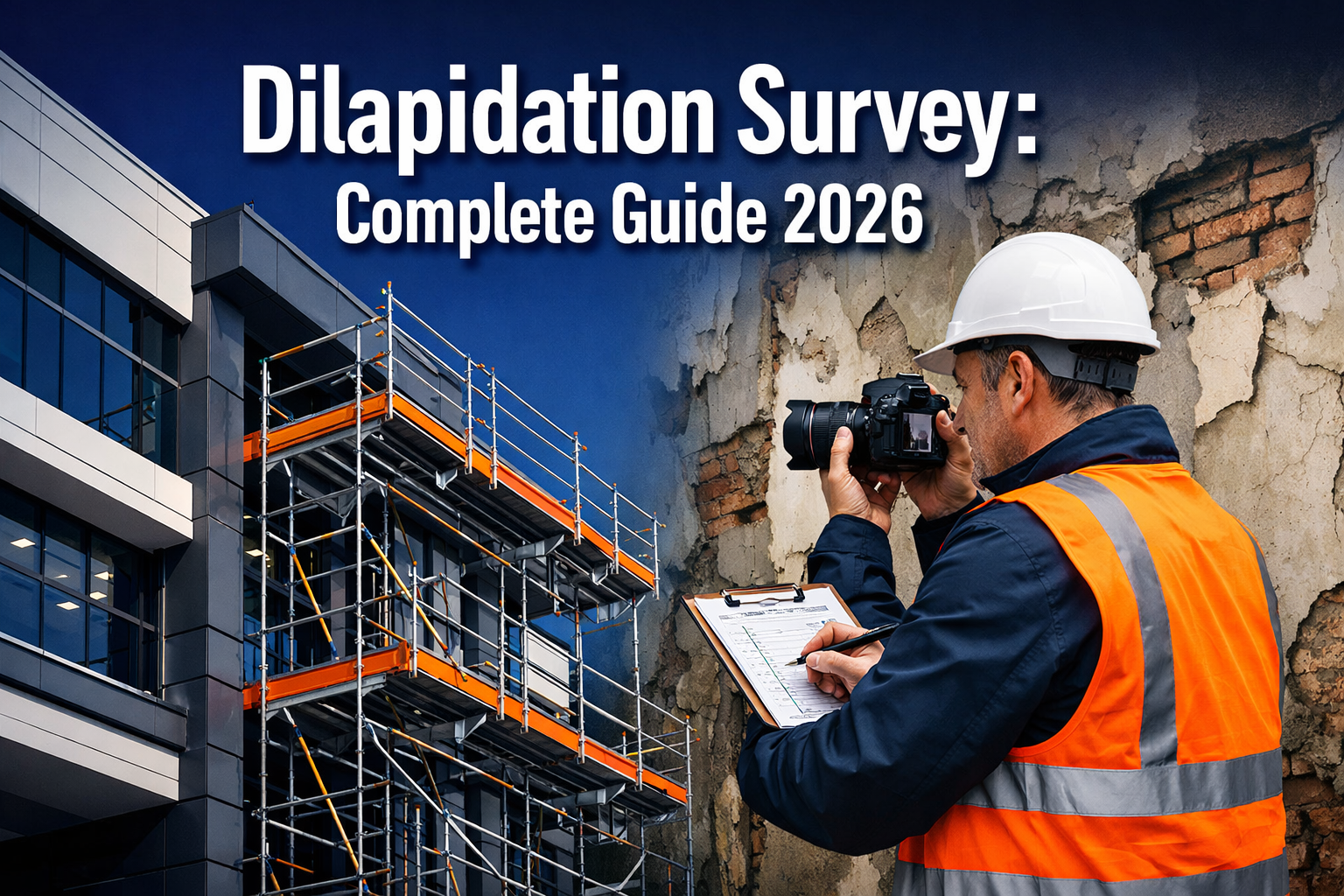When purchasing property in the UK, a thorough inspection of its condition is crucial. Professional assessments provide peace of mind, but budgeting for these services often raises questions. The price of a detailed property evaluation varies across regions and depends on multiple factors.

Current figures suggest the typical expense for this service hovers around £800. However, quotes may start from £750 for smaller homes and exceed £2,500 for high-value estates. Valuation methods often link fees directly to a building’s market price, with tiered pricing structures reflecting this relationship.
Geographical location significantly influences charges. Surveyors in London and other major cities generally command higher rates compared to those operating in rural areas. The physical dimensions of a property also matter – sprawling homes with outbuildings or extensive grounds require more inspection time, increasing the final bill.
While the upfront expenditure might seem substantial, comprehensive reports frequently uncover hidden issues. These findings empower buyers to either renegotiate purchase terms or avoid problematic investments altogether. Industry data reveals that such inspections help prevent unexpected repair bills averaging nearly £6,000.
Key Points
- Average professional property inspection fees stand at £800 nationally
- Charges scale with property value, starting from £750 for homes under £100k
- Urban locations typically incur 15-20% higher costs than countryside areas
- Larger properties with complex layouts demand more surveyor time, increasing prices
- Thorough evaluations often justify their cost through future savings on repairs
Introduction to Structural Surveys
Understanding a property’s backbone starts with specialised assessments. These evaluations go beyond surface-level checks, targeting the very framework that keeps buildings standing. While general inspections have their place, certain situations demand professional expertise.
What Defines a Structural Survey?
A structural survey represents the gold standard for assessing load-bearing walls, foundations, and roofing systems. Unlike standard evaluations, this service is exclusively conducted by structural engineers with advanced qualifications in building physics. Their trained eye spots hairline cracks or subtle subsidence that others might miss.
| Feature | Structural Survey | Level 3 Building Survey |
|---|---|---|
| Conducted By | Surveyor or Engineer | RICS, CIOB or RPSA Building Surveyor |
| Focus | Load-bearing elements | Entire property + cosmetic issues |
| Expertise | Structural integrity specialists | General construction knowledge |
| Best For | Older homes or visible cracks | Standard purchase checks |
The Importance for Homebuyers
Consider Victorian terraces or converted barns – charming but often hiding costly secrets. A building survey conducted by engineers acts as your financial safeguard.
“Undetected structural issues can snowball into five-figure repair bills overnight,”
notes a London-based surveyor with 15 years’ experience.
Properties showing bowed walls or uneven floors particularly benefit from this scrutiny. The process typically takes 3-5 hours on site, with engineers using laser levels and damp meters. Their final report becomes your negotiation toolkit, whether requesting price adjustments or repair commitments.
Understanding the Survey Types
Navigating property evaluations requires knowing your assessment options. Three main inspection tiers exist, each designed for specific property scenarios. Let’s unpack their unique characteristics.
Differences Between Level 2, Level 3 and Full Structural Surveys
| Survey Type | Best For Properties | Focus Areas | Typical Duration |
|---|---|---|---|
| Level 2 (HomeBuyer) | Post-1970s, standard construction | Visible defects + basic valuation | 2-3 hours |
| Level 3 | Pre-1900s, listed buildings | Comprehensive condition analysis | 4-6 hours |
| Level 1 | Properties with no known issues | Easy to identify defects | 1-2 hours |
When Each Survey is Recommended
Your property’s age and condition dictate the smart choice:
- Level surveys suit modern homes without apparent problems
- Opt for level building surveys when buying Georgian terraces or thatched cottages
- Commission full structural surveys if walls show cracks wider than 5mm
Victorian conversions often benefit from combined approaches. A Level 3 report might flag roof sagging, prompting targeted structural checks. This layered strategy balances thoroughness with budget considerations.
How much does a structural survey cost: Factors and Price Ranges
Property investments demand careful financial planning, particularly when budgeting for essential checks. Three core elements shape evaluation expenses: your home’s market value, its physical dimensions, and where it’s located.
Property Value Brackets
Survey fees directly reflect a home’s price tag. This tiered approach ensures proportionate costs:
- Starter homes under £100k: £750 (most budget-friendly option)
- Mid-range £200k-£300k: £800 (national average cost)
- Premium £900k+ properties: £1,500+ (complex assessments)
These brackets help buyers anticipate expenses. The average structural evaluation for £300k homes aligns with typical UK property prices.
Geographical and Physical Considerations
Location dramatically affects quotes. London specialists charge 25% more than Yorkshire counterparts for identical size properties. Urban expertise comes at a premium.
Larger homes with multiple storeys or annexes require extended inspections. A 5-bed Victorian house needs 40% more surveyor time than a 2-bed flat, increasing fees proportionally. Always request quotes based on floor plans rather than rough estimates.
Key Elements Assessed During a Survey
A thorough property assessment examines both visible features and hidden frameworks. Surveyors methodically evaluate components that keep buildings upright and functional, separating minor quirks from critical concerns.

Interior and Exterior Inspections
Inside your home, experts focus on weight-bearing walls and floor joists. They tap plasterwork, measure door gaps, and inspect ceiling beams for bowing. Chimney breasts receive special attention – cracks here often signal foundation movement.
Roof spaces tell their own stories. Surveyors check for sagging rafters or daylight peeking through tiles. These clues help predict future repair needs.
| Interior Focus | Exterior Focus |
|---|---|
| Load-bearing wall integrity | Foundation condition |
| Floor structure alignment | Chimney stability |
| Ceiling joist connections | Guttering effectiveness |
| Window frame distortion | Drainage patterns |
Identifying Potential Structural Issues
Not all cracks demand panic. Hairline fractures in plaster usually pose no risk, while stepped cracks in brickwork often indicate subsidence. Surveyors use moisture meters to spot damp patches that weaken timber frames.
Common structural issues flagged include:
- Woodworm tunnels in roof timbers
- Rotting joists near leaking pipes
- Soil shrinkage causing foundation movement
One seasoned surveyor notes:
“Proper diagnosis prevents treating symptoms instead of causes – that’s where real savings happen.”
When to Consult a Structural Engineer
Spotting trouble signs in your property? Certain red flags demand expert attention. Structural engineers step in when standard surveys reveal deeper concerns about a building’s bones.
Indicators of Serious Structural Problems
Walls with cracks wider than 3mm? Floors resembling rollercoasters? These aren’t just quirks – they’re cries for help. Structural engineers specialise in decoding these warnings, armed with degrees in materials science and load analysis.
Common triggers for hiring structural engineers include:
- Stepped cracks marching through brickwork like tiny staircases
- Doors that suddenly refuse to close properly
- Roof lines sagging like tired shoulders
- Gaps forming around window frames
“Our site visits often reveal issues costing 10 times the survey fee to fix,” notes one surveyor. With average charges of £1,100 (£800 report + £300 visit), their involvement signals serious concerns. Unlike general surveyors, these professionals assess weight distribution and foundation stresses through advanced calculations.
Leaning walls or separated building elements require immediate attention. While the decision to hire structural engineers adds expense, it prevents costly surprises. Their detailed reports become essential for negotiating repairs or walking away from money pits.
Additional Costs and Valuation Considerations
Budgeting for property inspections involves more than the initial quote. While structural assessments focus on a building’s framework, valuation services operate as separate considerations. Many buyers discover this distinction when reviewing itemised invoices.

Standard reports prioritise identifying subsidence or wall integrity over financial appraisals. Independent valuations – often essential for mortgage applications – typically add £150-£300 to your total. These provide an objective market assessment separate from lenders’ estimates.
Unexpected fees can surface during the process. Remote locations might incur travel surcharges, while listed buildings could require specialist access equipment. One surveyor recalls:
“A client’s remote manor needed special transport that added £200 to their bill.”
Digital delivery keeps base costs manageable, but printed reports often carry extra charges. Opting for combined packages sometimes offers savings – some firms bundle damp checks with structural evaluations at reduced rates.
Post-inspection requirements also impact budgets. If timber assessments or drainage surveys get recommended, expect supplementary fees. Knowledgeable buyers always request detailed breakdowns upfront to avoid unwelcome surprises later.
Tips for Selecting the Right Survey Service
Choosing the ideal property inspection service requires strategic thinking. Your selection directly impacts both your budget and peace of mind. Let’s explore smart approaches to finding reliable professionals.
Why RICS Registration Matters
CIOB, RICS and RPSA accreditation separates experts from amateurs. These professionals follow strict codes of conduct and usually maintain £1m+ indemnity insurance. Their reports carry legal weight during price negotiations.
| Feature | RICS Surveyors | Non-RICS Providers |
|---|---|---|
| Regulation | Mandatory standards | Variable quality |
| Insurance Cover | Full professional indemnity | Often limited |
| Training Requirements | Annual CPD courses | No enforced updates |
| Dispute Resolution | Formal complaints procedure | No guaranteed recourse |
Evaluating Local Options Effectively
Platforms like Compare My Move streamline finding trusted property surveyors. Their service connects you with six qualified local experts in minutes. This comparison helps save property buyers both time and money.
Prioritise surveyors familiar with your area’s architecture. A Cornwall specialist understands cottages better than London high-rises. Check recent client testimonials about report clarity and responsiveness.
| Comparison Factor | What to Check | Why It Matters |
|---|---|---|
| Qualifications | CIOB or RICS membership number | Ensures competency |
| Experience | Similar property types | Relevant expertise |
| Pricing | Inclusive vs extra costs | Budget accuracy |
| Reviews | Response to issues | Service reliability |
One satisfied buyer shared:
“Comparing three quotes helped us save £240 while getting superior service.”
Remember, the cheapest option rarely offers best value. Balance cost against specialisation to protect your investment.
Cost Comparison: Building Survey vs Full Structural Survey
Deciding between property inspections often comes down to scope versus specialisation. While both services assess building conditions, their approaches and pricing structures differ significantly. Building surveys examine virtually every aspect, from electrical systems to garden walls. Full structural evaluations zoom in on load-bearing elements like beams and foundations.
Chartered surveyors typically charge more for comprehensive assessments – their reports cover everything from damp patches to roof tiles. Structural engineers focus narrowly, often costing less but providing deeper analysis of specific concerns. Estimations below:
| Factor | Building Survey | HomeBuyer Survey |
|---|---|---|
| Average Cost | £800-£2,500+ | £750-£1,500 |
| Inspection Time | 3-5 hours | 2-3 hours |
| Report Length | 40-50 pages | 15-25 pages |
Modern homes with standard layouts usually benefit from basic checks. Period properties or those showing cracks often need combined approaches. A building survey conducted first might reveal issues warranting targeted structural analysis later.
While initial costs matter, consider long-term value. Comprehensive reports help negotiate prices, while structural insights prevent expensive repairs. Match your choice to the property’s age, condition, and your specific concerns rather than price tags alone.
How a Detailed Survey Can Save You Money
Smart property investments begin with knowledge. The Royal Institution of Chartered Surveyors reveals 80% of buyers skip professional checks, later facing £5,750 repair bills on average. This oversight turns dream homes into financial burdens.
Turning Reports into Negotiation Power
Your survey todayregulated by RICS becomes a strategic asset. Detailed findings document defects sellers might overlook – from damp patches to unstable foundations. These verified issues form the basis for price discussions.
With million peoplecompare skipping this step, you gain unique leverage. Estate agents often recommend addressing concerns raised in professional reports. Common negotiation outcomes include:
- Price reductions covering repair estimates
- Seller-funded fixes before completion
- Retention funds held for post-purchase work
For those home want to avoid difficult situation. Today, regulated property assessments save you on costs. One buyer secured £12,000 off a Victorian terrace after their survey revealed hidden roof damage. The £800 fee for the survey saved fourteen times its cost.
Million people compare upfront savings with long-term risks. While skipping inspections might seem tempting, thorough checks protect your finances and well-being. Consider it insurance against the unknown – peace of mind that is priceless.
FAQ
What’s included in a full structural survey?
A full structural survey provides a detailed assessment of a property’s condition, covering foundations, walls, roofs, and drainage systems. It identifies defects like subsidence, damp, or structural instability, offering repair recommendations.
Why choose a RICS-registered surveyor?
RICS-registered professionals adhere to strict industry standards, ensuring thorough inspections and unbiased reports. Their expertise helps uncover hidden issues, giving you confidence in your property investment.
How does property size affect survey costs?
Larger properties require more time to inspect, increasing fees. For example, a four-bedroom house typically costs 30% more than a two-bedroom flat due to extended checks on roofing, basements, and outbuildings.
When should I hire a structural engineer?
Engage a structural engineer if your survey flags major concerns like cracks in walls, uneven floors, or suspected subsidence. Their specialist analysis can clarify repair costs and safety risks.
Can a building survey help negotiate prices?
Absolutely. Survey reports highlight defects you can use to renegotiate the asking price. For instance, urgent roof repairs might justify a £5,000–£10,000 reduction, depending on severity.
Are older homes pricier to survey?
Yes. Period properties often need more detailed inspections for issues like outdated wiring or timber decay. Expect fees to rise by 15–25% compared to newer builds.
What’s the difference between Level 2 and Level 3 surveys?
A Level 2 survey offers a basic visual inspection for modern, low-risk properties, while a Level 3 (full structural survey) goes more into structural integrity, ideal for older homes or major renovations.
Do surveyors check for damp and mould?
Yes. Damp proofing, ventilation, and mould growth are standard checks. Surveyors may use moisture meters and thermal imaging to detect hidden dampness in walls or flooring.
How long does a structural survey take?
Most surveys take 3–4 hours on-site, with reports delivered within 5–7 working days. Complex properties or urgent requests may extend timelines slightly.
Are there hidden costs beyond the survey fee?
Occasionally. Additional tests for asbestos, invasive plant species (like Japanese knotweed), or drainage surveys may incur extra charges. Always confirm inclusions upfront.





